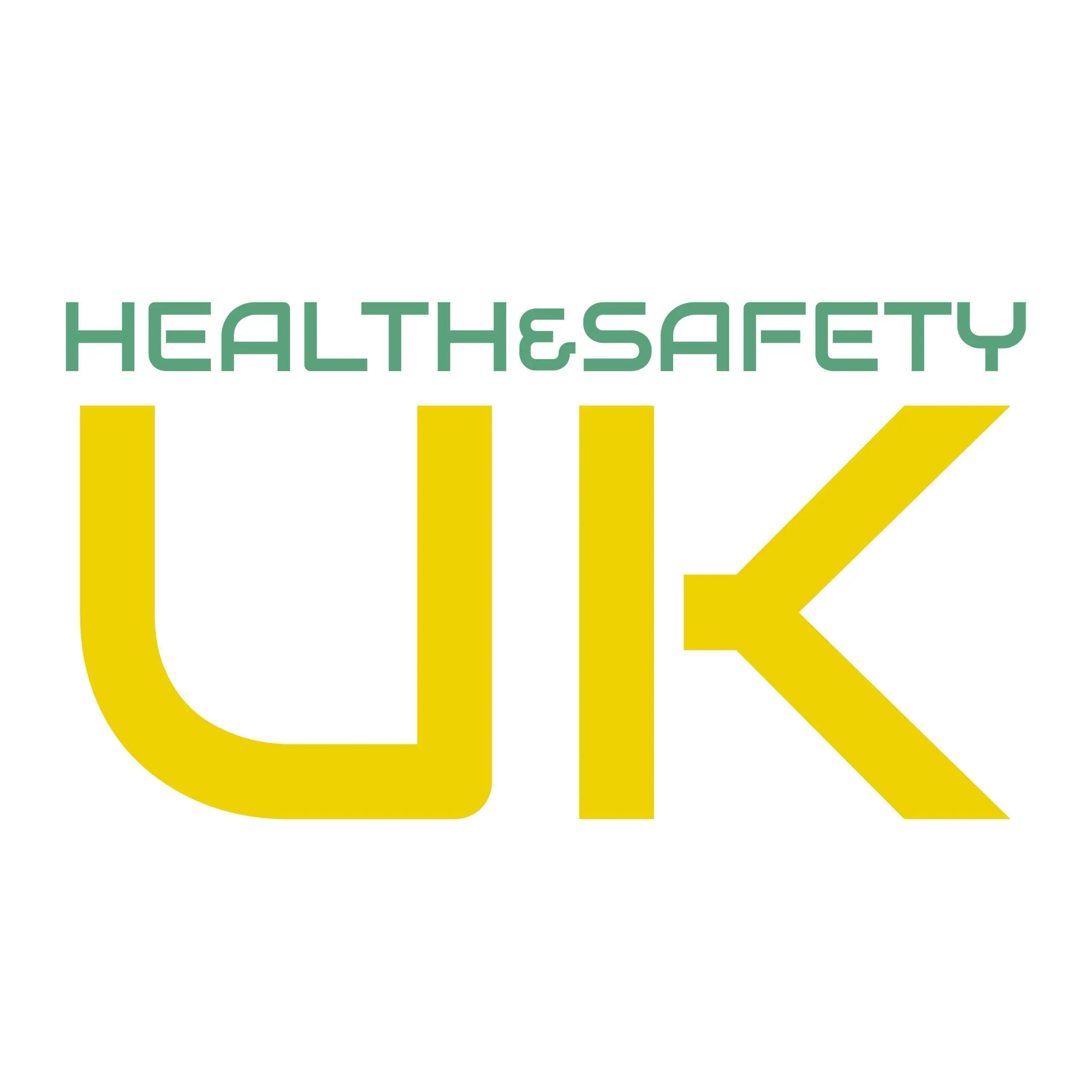Why do I need this document?
A Modern Slavery Policy is a critical document that outlines the guidelines, procedures, and commitment of an organisation to combat modern slavery, including forced labour, human trafficking, and exploitation within its operations and supply chains. This policy is essential to ensure ethical practices and uphold human rights. Here are the reasons why having a Modern Slavery Policy is important:
1. Ethical Responsibility:
The primary focus of the policy is to affirm the organisation’s commitment to ethical business practices. This includes implementing measures to prevent and address any form of modern slavery within the organisation and its supply chains.
2. Regulatory Compliance:
The policy ensures compliance with relevant laws and regulations concerning modern slavery. Adhering to these legal standards helps avoid legal penalties and ensures the organisation meets national and international human rights obligations.
3. Risk Management:
The policy helps identify potential risks related to modern slavery within the organisation’s operations and supply chains. By proactively addressing these risks, the organisation can mitigate the likelihood of human rights violations and maintain ethical standards.
4. Human Rights Protection:
The policy promotes the protection of human rights by identifying and addressing practices that could contribute to modern slavery. Ensuring a work environment free from exploitation supports the dignity and well-being of all individuals involved in the organisation’s activities.
5. Training and Awareness:
The policy should emphasise the importance of training and awareness for all employees and supply chain partners. Regular training on modern slavery, recognising signs of exploitation, and understanding the policy ensures that staff and partners are well-informed and vigilant.
6. Supply Chain Transparency:
The policy should include guidelines for ensuring transparency within the supply chain. This involves conducting due diligence, risk assessments, and audits to identify and address potential risks of modern slavery among suppliers and contractors.
7. Risk Evaluation:
The policy should establish procedures for evaluating the severity and likelihood of modern slavery risks within the organisation and its supply chains. This helps prioritise efforts and allocate resources effectively to combat these issues.
8. Control Measures:
The policy should provide information on implementing control measures to prevent modern slavery. This includes supplier code of conduct, contract clauses, and monitoring practices that ensure ethical standards are maintained throughout the supply chain.
9. Employee and Stakeholder Involvement:
The policy should encourage the active involvement of employees, suppliers, and other stakeholders in the fight against modern slavery. This includes reporting suspected cases of modern slavery and participating in awareness and prevention activities.
10. Communication and Information:
The policy should ensure that employees, suppliers, and other stakeholders are informed about the guidelines and procedures related to modern slavery. Providing clear instructions and information enhances awareness and cooperation in maintaining ethical standards.
11. Confidentiality and Reporting:
The policy should outline measures to ensure confidentiality in handling reports of modern slavery. Protecting the privacy of whistleblowers and those affected by modern slavery encourages openness and trust in the process.
12. Monitoring and Evaluation:
The policy should establish procedures for monitoring and evaluating the effectiveness of measures against modern slavery. Regular reviews and updates ensure that the policy remains effective and relevant in addressing modern slavery risks and challenges.
A well-structured Modern Slavery Policy is crucial for organisations, as it demonstrates a commitment to ethical practices, human rights, and the well-being of all individuals involved in the organisation’s activities. By establishing clear guidelines and expectations, the policy contributes to a responsible, transparent, and ethical business environment. The policy should be regularly reviewed and updated to ensure it remains relevant and effective in combating modern slavery.
Industries:
1. Manufacturing
2. Finance and Banking
3. Technology
4. Healthcare and Pharmaceuticals
5. Energy
6. Construction
7. Retail and Consumer Goods
8. Transportation and Logistics
9. Tourism and Hospitality
10. Agriculture and Food Production
11. Creative Industries
12. Education
13. Mining and Quarrying
14. Professional Services
15. Public Sector













Reviews
There are no reviews yet.